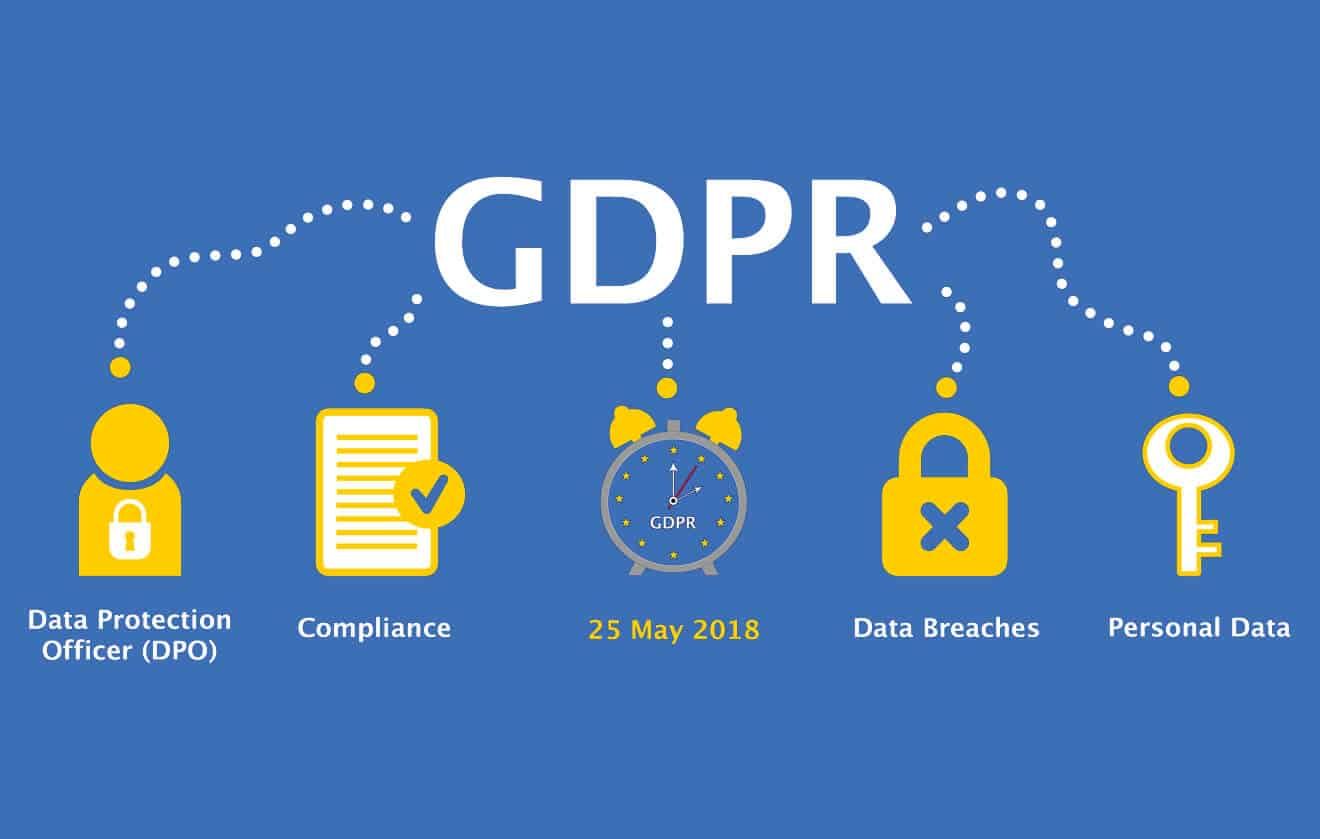In today’s digital age, data privacy is a significant concern for individuals and organizations alike. With the increasing amount of data being collected, stored, and shared, there has been a growing need for regulations and compliance measures to protect personal information. This article explores the importance of data privacy regulations and the steps that companies can take to ensure compliance.
The Importance of Data Privacy Regulations
Data privacy regulations play a vital role in safeguarding individuals’ personal data and maintaining trust in electronic communication systems. They are designed to protect sensitive information, including personally identifiable information (PII), financial records, health records, and other confidential data, from unauthorized access, use, or disclosure. These regulations aim to strike a balance between fostering innovation and protecting privacy rights.
Common Data Privacy Regulations
Several countries and regions worldwide have enacted data privacy regulations to enhance the protection of personal data. Notable examples include:
1. General Data Protection Regulation (GDPR)
GDPR, implemented by the European Union (EU), is one of the most stringent data privacy regulations globally. It requires businesses to establish lawful bases for collecting and processing personal data, obtain consent from individuals, and provide transparent information about data usage. GDPR grants individuals several rights, including the right to access and erase their data.
2. California Consumer Privacy Act (CCPA)
CCPA, which came into effect in 2020, gives California residents more control over their personal information. It requires businesses to disclose data collection practices, allow consumers to opt out of the sale of their data, and provide a mechanism to request deletion of their information. CCPA also enables individuals to sue companies in the event of a data breach.
3. Health Insurance Portability and Accountability Act (HIPAA)
HIPAA, applicable to the healthcare industry in the United States, provides safeguards for protected health information (PHI). Covered entities must maintain the privacy and security of patient information, ensure compliance among their employees, and implement controls to prevent unauthorized access or disclosure of PHI.
Steps for Ensuring Compliance
To comply with data privacy regulations, organizations must take proactive measures to protect personal data. Here are some essential steps to ensure compliance:
1. Conduct a Data Audit
Begin by identifying all the data collected, stored, or processed by your organization. Assess the data’s sensitivity and categorize it accordingly. This comprehensive audit will help establish appropriate safeguards and ensure compliance with relevant regulations.
2. Implement Security Measures
Protecting personal data requires implementing robust security measures. Ensure the use of encryption techniques, access controls, and secure data storage practices to prevent unauthorized access or data breaches. Regularly update security systems to address new threats and vulnerabilities.
3. Create Privacy Policies and Consent Mechanisms
Develop clear and concise privacy policies that explain how personal data is collected, processed, and stored. Offer individuals an opt-in or opt-out mechanism to give them control over the use of their data. Obtain explicit consent from individuals for collecting and processing their information.
4. Educate Employees
Establish data privacy awareness programs for employees and provide regular training on data protection protocols. Employees should understand the importance of data privacy, their responsibilities in handling personal data, and the consequences of non-compliance.
5. Conduct Regular Assessments and Audits
Continuously monitor and assess data privacy practices to identify any potential gaps or vulnerabilities. Regularly conduct internal audits or engage third-party auditors to ensure compliance with regulations and industry standards.
Conclusion
Data privacy regulations and compliance are crucial for protecting personal information and maintaining public trust. Organizations must understand and abide by the applicable regulations to safeguard data and avoid legal penalties. By conducting data audits, implementing security measures, and creating transparent privacy policies, businesses can prioritize data privacy and build strong relationships with their customers.
